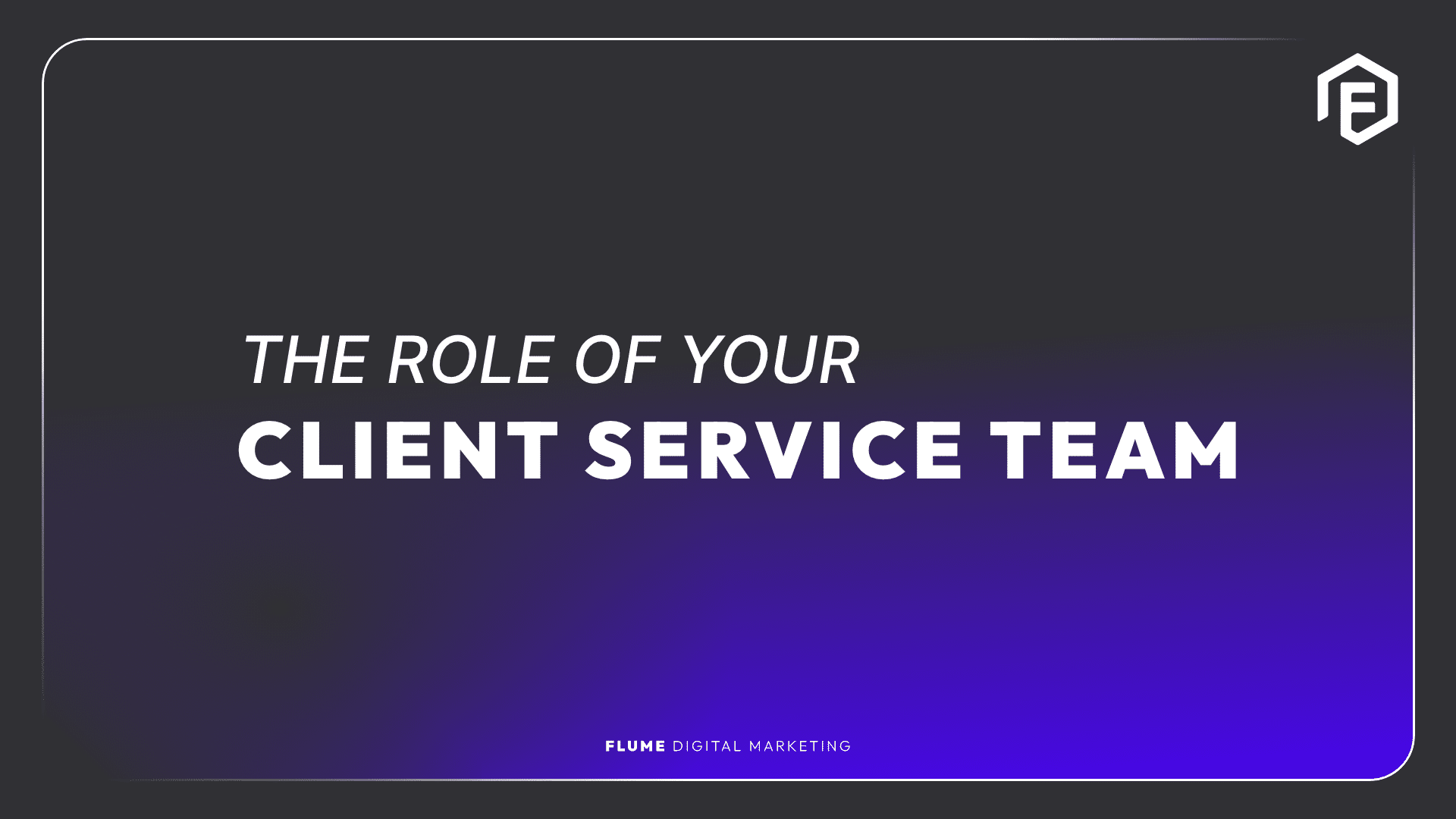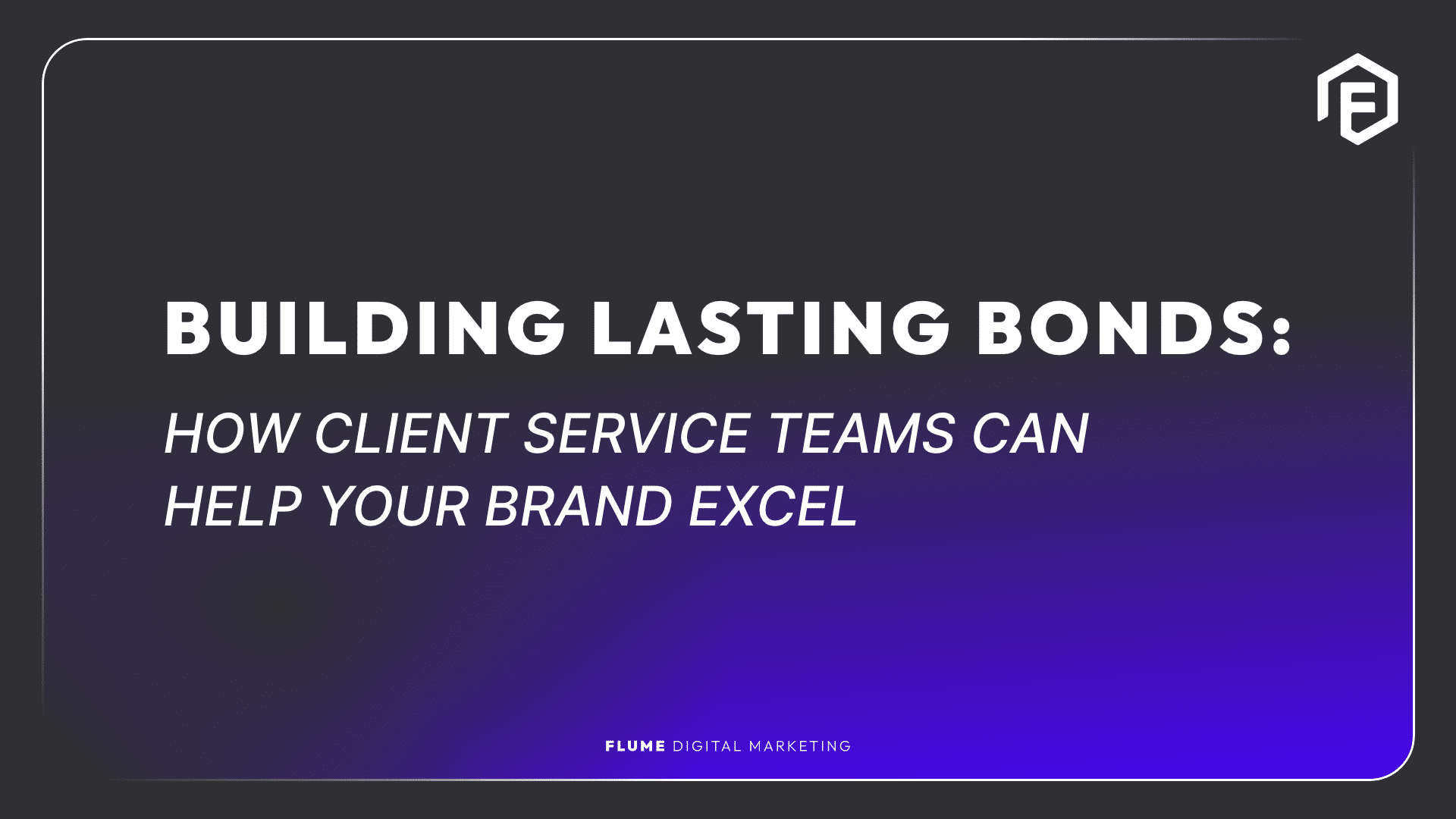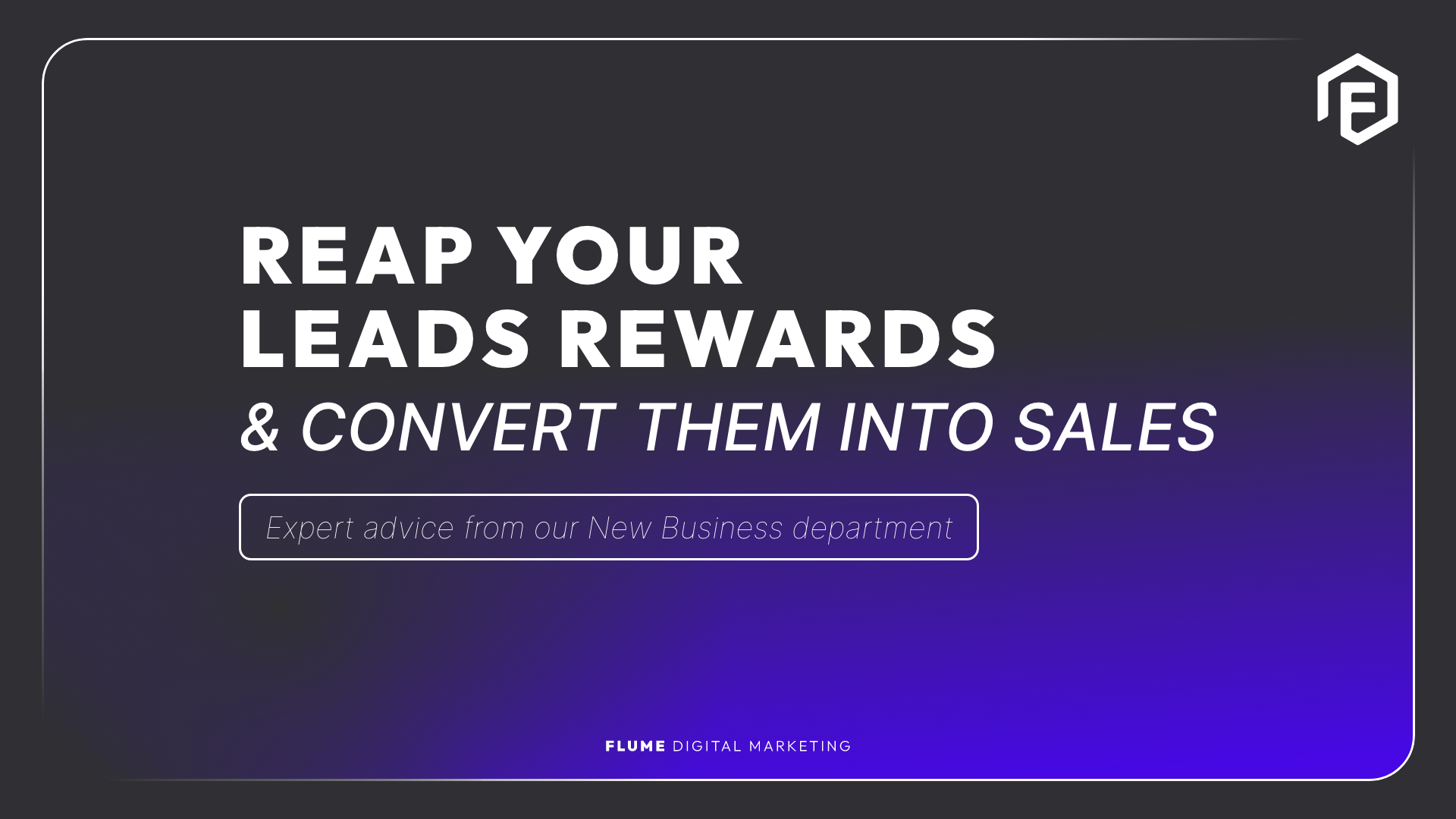Having been married for a good few years now, I am in no position to give any valuable insights into blind dates or one’s attempts at completing Tinder, but I do still find myself revisiting the confused and bewildered state that goes along with expecting too much.
These days, the source of this once-familiar state of mind lies not in my now-settled-life, but in the beast that is the advertising industry; more specifically, the processes that corporates employ in on-boarding agencies and the way in which agencies go about sourcing clients. What I’ve been wondering is whether this process could be flawed from both parties’ perspectives.
Consider the process; generally, companies make themselves available for agencies to pitch for specific aspects of their business. A number of agencies that have been fortunate enough to get onto their pitch lists will muster together their strategists and creatives to compile their “pitch.” Each agency will then have their chance to have a one-on-one session in which to charm the would-be client. Once each of the agencies has pleaded its case, and the winner will be handed the final rose and the relationship will begin.
It follows a narrative that is similar to that of any reality dating show.
Note: I assure you that this is not some rant about sour grapes, but rather a questioning of what is considered the norm.
Consider an agency and the products it delivers. When you break it down to its simplest form, we are selling intellectual property across a number of disciplines, with the most appropriate measure of production being billable hours; the hours taken to conduct research, put together a strategy, develop a concept or concepts, and then to roll out the creative and media buying tactics.
When agencies pitch for work, the lengths that each agency will go to, to provide the above-mentioned services and how much thereof they are prepared to part with for free is completely up to them, but as you can imagine, a comprehensive proposal would be better received than one with holes in it.
But my point is that, when you pitch, you are giving away your work for free.
This process makes as much sense as car guards who insist that you pay them before, rather than after, watching you car.
What often happens in these scenarios is that you over pitch, providing a comprehensive solution in an attempt to outshine your opposition while still remaining within brief, which ends up being a further waste of resources and time that could have been spent on clients that you’re already engaged with.
Just to force the dating analogy (which I was skeptical about using in the first place because of how obviously lame it is, but now have to carry through for the purposes of this write up): For a guy, this stage in the game is when he’s supposed to pay for the over-priced meal even if the evening was a waste of time, and, for the girl, it’s the part where she may very well realise that she’s bought an expensive new dress for a very disappointing date.
Now I know that you’re probably thinking that doing away with pitches could be bigger than the French Revolution itself was, but sadly I can’t take credit for the idea. You may be glad to hear, though, that there are some activists already fighting for this cause, and you know a movement is real when someone writes a book about it. Well, someone did. Subscribers to the ‘no-pitch’ philosophy can thank Blair Enns for his tome, “The Win Without Pitching Manifesto” – it’s about winning without pitching.
I’d like to note that I don’t believe that corporates are entirely to blame for this way of doing business. Agencies themselves have played- and are playing- a massive role in creating and further establishing this expectation. Agencies will gladly give away work for free to get a foot in the door, with the intention of making their money back at a later stage. It’s a scavenger type approach that agencies will continue to force each other to take until Blair Emms’ winning-without-pitching manifesto is adopted by the whole industry.
The reality for our business, though, is that the majority of our clients have come from referrals, which required no pitching. What I personally like about this type of on-boarding is that it is gradual. It follows a very similar approach to that of taking on new employees with a mandatory three-month trial period, which allows both parties to assess the suitability of the on-boarding. Why not try out agencies on an ad hoc basis, until you find the right one for your company. Date a little, if you will?
The thing is that when companies on-board an agency, the company is not on-boarding a product that will deliver consistently, you’re on-boarding a group of people and, as Keith Ferrazzi explains in Never Eat Alone, “Business is a human enterprise, driven and determined by people.”
The problem that results for corporates from the pitching for business approach is that, once a company has on-boarded an agency through a single pitch, they will be committed, to an extent, to that agency for the next year, or longer, regardless of the personalities involved.
It’s like going on one or two dates and then committing to a relationship for the next year of your life because you’d heard a few good things and saw something you liked. That’s a big call to make with very little to make it on.
Should you however want us to pitch for work please contact us at helloJHB@flume.co.za or helloCT@flume.co.za ?



